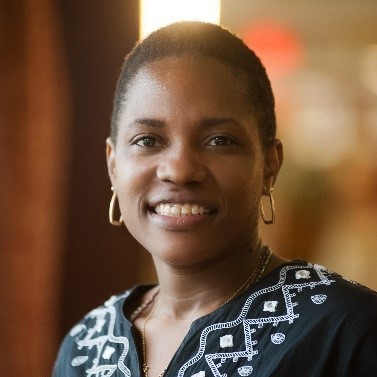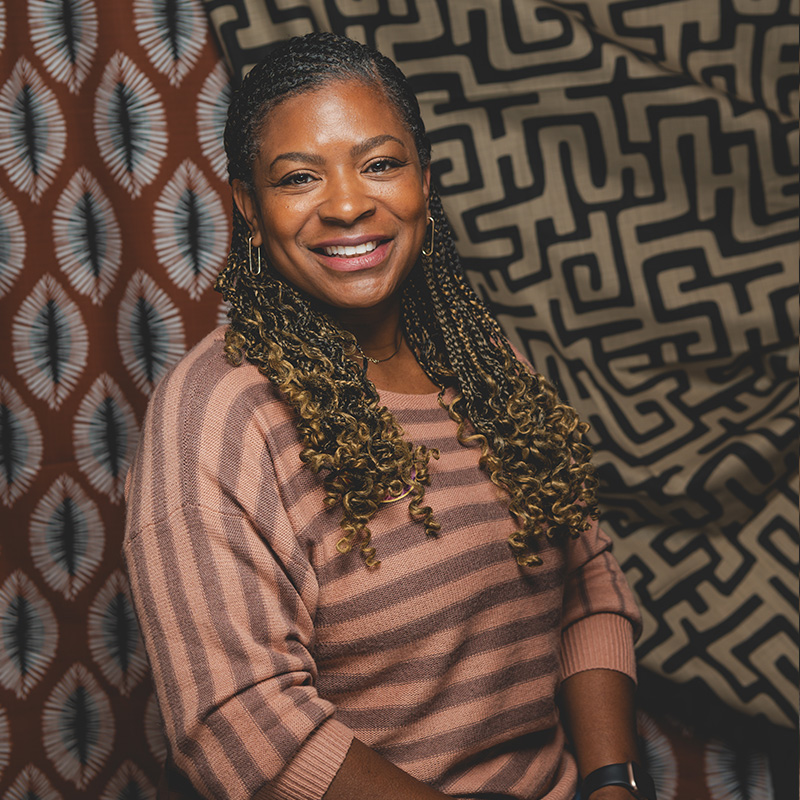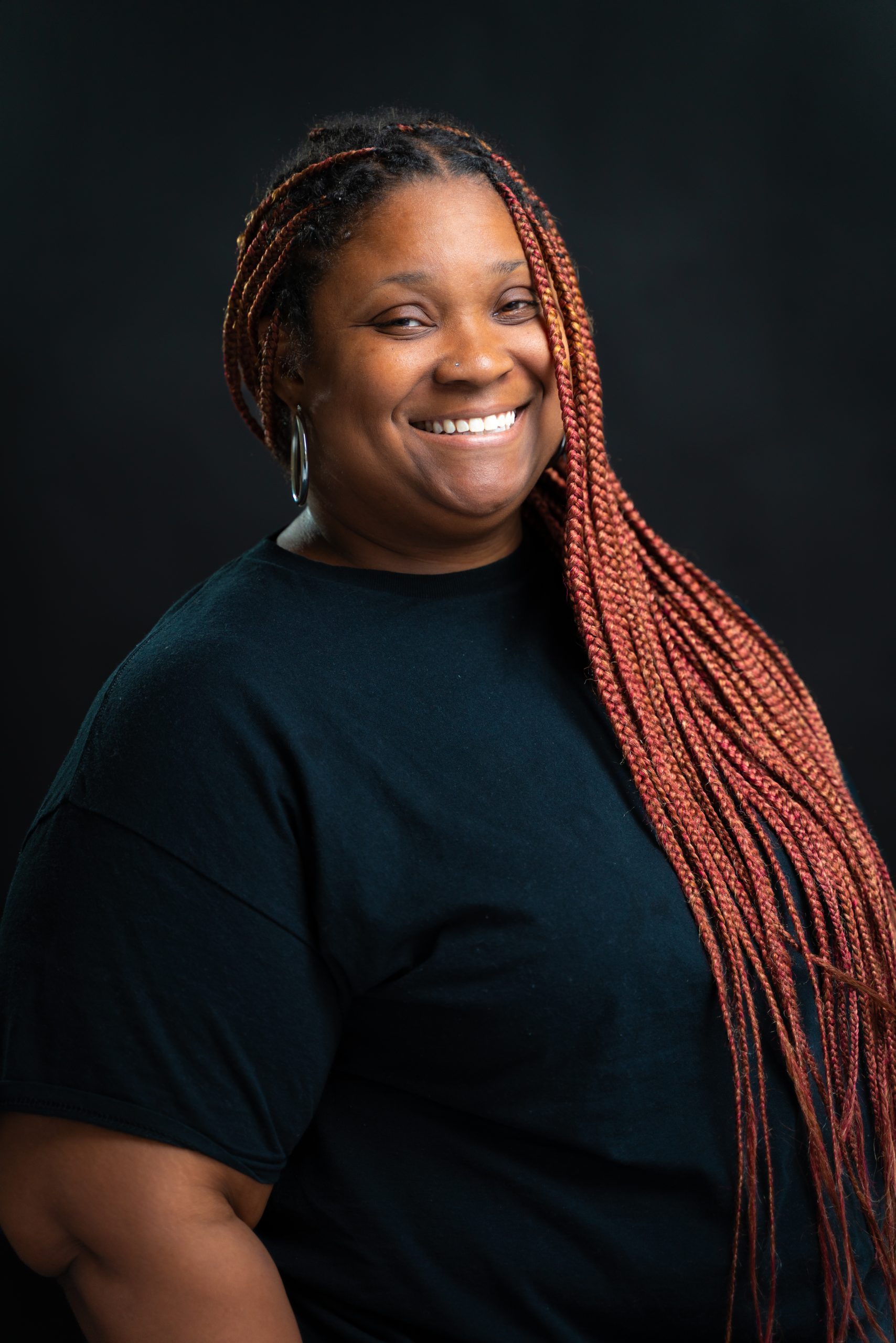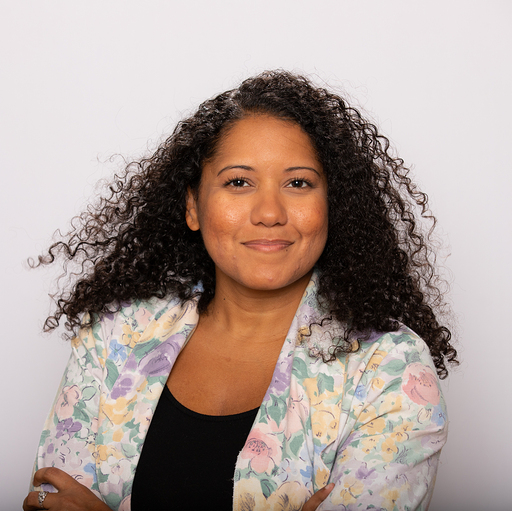
Dr. Erica Holloman-Hill
Dr. Erica Holloman-Hill
Speaker 1 (00:00):
Greetings. This is Javier Palacios, one of the partner interviewers for the following piece of oral history. And I wanted to preface that the following oral history that you’re about to hear was recorded at the private residence of the interviewee by their discretion in preference. So you may hear a bit of minor bird chirping in the background wind rustling. And more importantly, this audio was recorded in East Point, Atlanta, Georgia on April 26th, 2024. And I say this because this was the day of Rico Wade’s funeral procession. Rico Wade is a Atlanta native producer, dungeon family icon, overall big figure in the city of Atlanta. So his funeral procession actually went by the location that we were recording at because it was on the way. East Point is his hometown, his home area, and they were just showing love one last time before they said farewell to him. So you get two pieces of audio history in one because you hear a little bit of helicopter chopping in the background towards the end. It’s nothing obscuring, it doesn’t obscure any of the answers. But I did want to preface, so please enjoy and take all the factors you just heard into consideration when listening to the following audio.
Speaker 2 (01:40):
Hi, I am Daisy Mugford, this is Javier Palacios on April 26th, 2024 at our interviewees residence in Atlanta, Georgia, recording this oral history part as a part of the Storming Caesars Palace Our Stories Our Justice screening in collaboration with the West Atlanta Watershed Alliance. How are you doing today?
Speaker 3 (02:01):
I’m doing well.
Speaker 2 (02:02):
Well, well, okay. Can you start with giving us your full name, age, and where you were born?
Speaker 3 (02:09):
My full name is Erica Lynette Holman Hill, age 46, born and raised in Atlanta, Metro Atlanta. You are here in East Point.
Speaker 2 (02:22):
Okay. Are there any ancestors or women who inspire you to
Speaker 3 (02:30):
Oh yeah, no, most definitely my mother and my grandmother in terms of my mama and mommy and through not only words, but actions showed me how to be a woman of integrity.
Speaker 2 (02:54):
Okay. Okay. So with that, teaching you how to be a woman of integrity, how do you feel like that inspires you or shows up in your life in your day-to-day basis or even in your work?
Speaker 3 (03:09):
I think it shows up in how I am very intentional with the gift that God has given me in terms of being a thread to connect the pieces for this larger quilt. I come from a family of quilters. I myself don’t physically quilt, but yet I quilt in this moment in terms of people, networks, in a end goal of creating a quilt of protection and justice for our communities.
Speaker 2 (03:51):
I love that. I love that. Okay, so as you recall, we had the screening for Storming Caesars Palace, which featured Ruby Duncan from that screening. In what ways did Ruby Duncan’s story resonate as far as her activism and the challenges she faced by her community? Are there any simulators that you see in yours today?
Speaker 3 (04:12):
Yeah, the reality of the institutionalization of the system create a similar effect in a different city. We say same shit, different city in terms of being able to resonate even though the movie didn’t focus on Atlanta. A lot of the similarities and what the welfare system is as a whole as we scale down hyperlocal is mirror reflection of challenges, barriers, perceptions, and so that’s what really resonated with me in terms of the institutionalization of certain systems.
Speaker 2 (05:17):
I liked how you phrased that. Okay. So now this is where we’re going to ask you to go a little bit deeper into it. Have you faced any barriers in accessing resources or information about available assistance and or housing programs within your community?
Speaker 3 (05:32):
Hell yeah.
Speaker 3 (05:36):
So I laugh because I am an educated woman with a PhD and the reality is that the information is out there. And even for me with the PhD, it’s difficult to find to piece together and put in an actionable implementable way. And I’ll just give an example as far as energy efficiency and all of the current programs and assistance that’s out there yet it’s not streamlined. And so now it falls upon me to have to one, figure it out, two, have the time to go and apply for the various ones, have to follow up on any status and then follow through on actual project implementation. And so it’s difficult. It’s definitely difficult and I can only imagine that magnified for a homeowner who doesn’t have even some basic things in terms of being able to comprehend what’s being said or one, having the space and time to go and follow up.
Speaker 2 (06:59):
That’s real. Okay. This last question in regards to the screening, how can events like the screening help raise awareness about the issues affecting your community and just inspire further action?
Speaker 3 (07:18):
When the preacher go to church and he already in the church and he’s speaking to the believers, he getting an amen. So in terms of the screening, screening it to people whose lived experience will be reflected in that film will activate potentially. But in terms of who’s missing in the room becomes what I think the focus is in terms of policymakers, decision makers, power brokers in this affordable housing, affordable living perception of, sorry, the women who are on welfare, which was a continuous theme throughout the movie. The perceptions of these women that they’re lazy, that they don’t want to work, that they don’t want to do these things, and that not being the case for most of the women.
Speaker 2 (08:21):
Thank you. I definitely agree with that. I thank you for answering the questions.
EXPLORE MORE STORIES
Chi T. Mathias

Zillah Wesley

Hillary Holley

